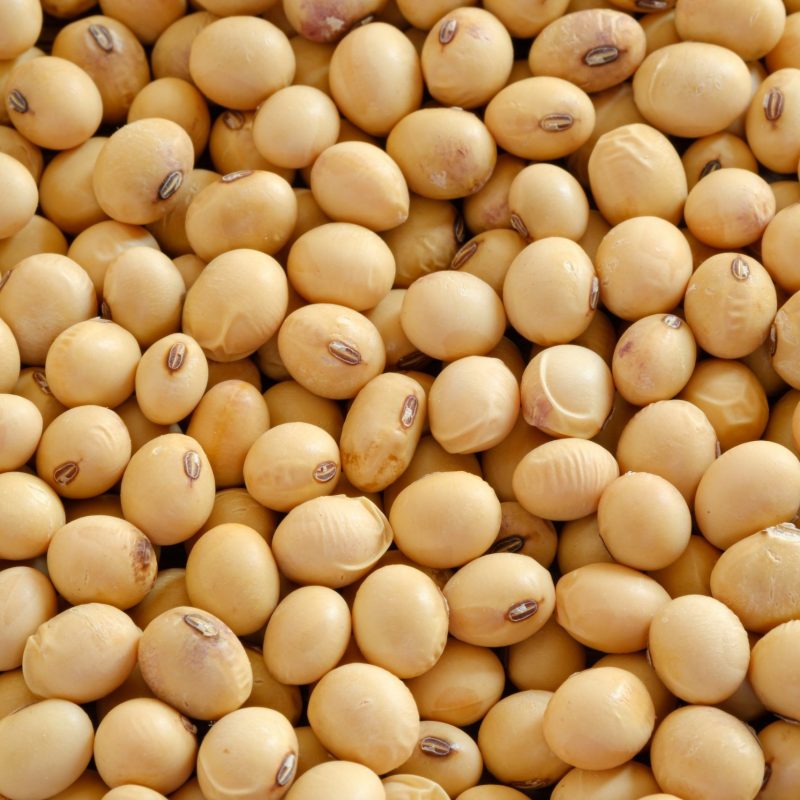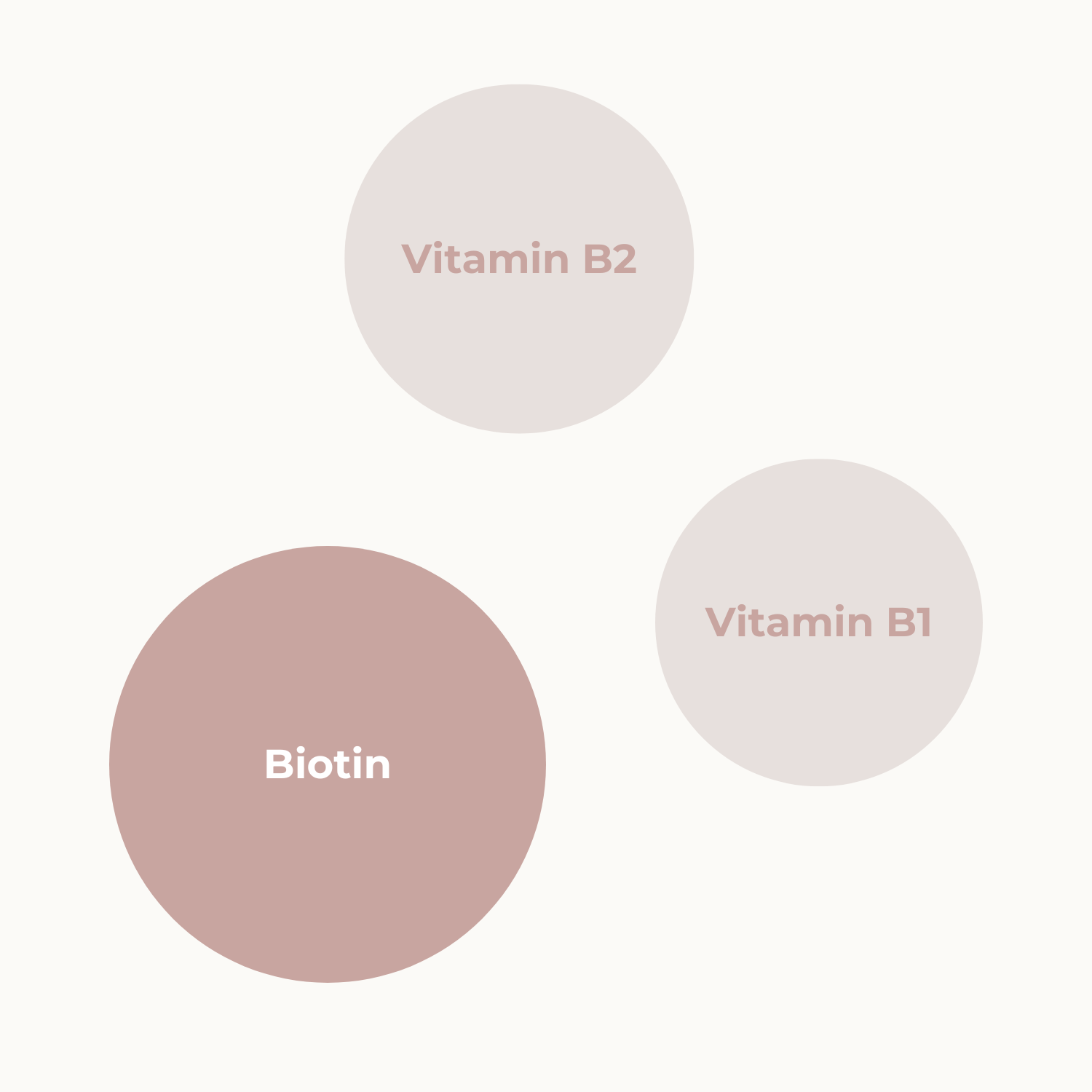
NUTRIENT PRESENTATION
biotin
Contained in: animal products, yeast, nuts.
Form: nature-identical biotin
Origin: synthetic
Place of manufacture: China
Function: Coenzyme of carboxylases
Risk groups: pregnant women, vegan diet, overweight, unbalanced diet, oral contraception (the pill).
ADVANTAGES
Biotin Facts & Knowledge
According to the National Consumption Study (NVS II), the average intake of biotin is 40 µg per day for women and 46 µg per day for men[3]. Since the human body cannot produce biotin on its own, intake through food is essential[5].
BIOTIN AND ITS FUNCTIONS [5]
- Biotin is a co-factor for enzymes that play a crucial role in fatty acid synthesis, the breakdown of branched-chain amino acids and gluconeogenesis (energy production).
BIOTIN DURING PREGNANCY
- Several recent studies suggest that marginal biotin deficiency occurs in approximately half by the third trimester [1, 7] and increased urinary excretion of 3-HIA occurs during pregnancy [4,5,6].
ACCEPTED HEALTH CLAIMS
- Biotin contributes to normal energy metabolism
- Biotin contributes to the normal functioning of the nervous system
- Biotin contributes to normal macronutrient metabolism
- Biotin contributes to normal psychological function
- Biotin contributes to the maintenance of normal hair
biomarkers
Currently, there is no uniformly accepted method for assessing biotin status. Due to impaired enzyme activities, biotin deficiency leads to increased excretion of specific organic acids in the urine, especially 3-hydroxyisovaleric acid (3-HIA) [2, 5]. A combination of biomarkers in the urine and the analysis of activity changes in biotin-dependent enzymes (e.g. MCC and PCC) are considered useful [2].
77 - 195 µmol adequate
19 - 62 nmol
12 - 54 nmol
6 - 15 nmol

COLLEAGUES
Who does Biotin work with?
Biotin, together with the other B vitamins, contributes as a coenzyme to energy, fat and carbohydrate metabolism.
FOR FURTHER READING
Evidence-based formulations
We use nutrients that are backed by a comprehensive body of research that is growing daily.



